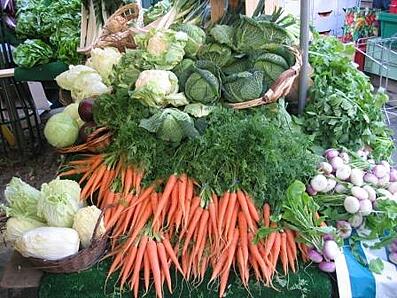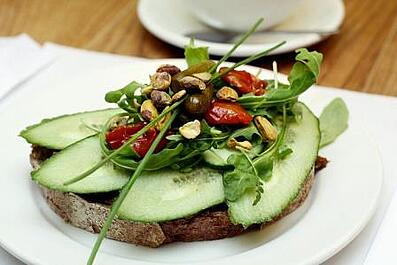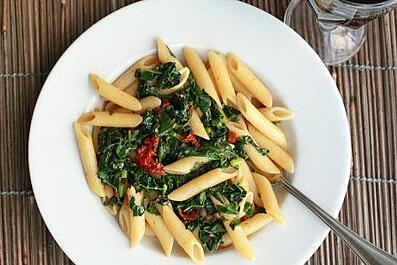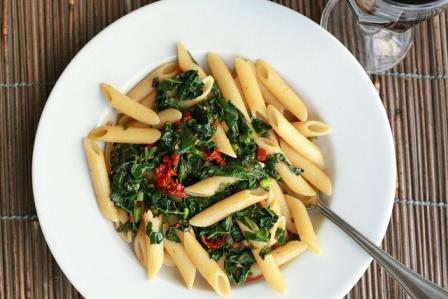So far we have examined the roles of protein and iron as key nutritional elements in the vegetarian/vegan diet…but are there additional dietary concerns for vegetarians to monitor? You bet there are! Today we will focus on several more essential nutrients, including zinc, B12, and calcium.

Image source: Arnaud 25
What Vegetarians Need to Know About Zinc
Zinc is a mineral that plays an essential role in growth, cell repair, wound healing, immune function, DNA synthesis and energy production. It is found in a highly bioavailable form (meaning its more readily absorbed) in fish, meat, poultry, milk, cheese, yogurt, and eggs. Zinc is also found in plant sources, but as with iron, its plant-based form is not as readily available to the body because it is bound to phytic acid which inhibits absorption. For this reason, vegetarians may need to consume more zinc than non-vegetarians in order to absorb the amount their bodies need.
If not enough zinc is consumed long-term and a deficiency develops, problems (including diarrhea, hair loss, reduced immune function, and poor growth) may occur. Vegetarian sources of zinc include whole grains, dried beans and peas, tofu, as well as nuts. Whole grain bread is a great source of zinc because yeast fermentation during the leavening stage of the bread making process actually breaks down some of the phytic acid bound to the zinc, making the zinc more bioavailable. Though supplements may be taken, it is recommended to eat your daily dietary needs if possible (particularly in this case, as high-dose zinc supplements can cause nausea and vomiting).

Image source: Suzette - www.suzette.nu
Vitamin B12 Considerations for Vegetarians
B12, like all other B vitamins, plays a major role in energy metabolism, specifically in the metabolism of fatty acids and certain amino acids. It can be found working in every cell of the body and is a key player in red blood cell and DNA formation, as well as the preservation of the nervous system. It is especially important for women of childbearing age, as a lack of B12 can lead to neural tube defects in infants.
B12 is found naturally only in animal foods including meat, fish, poultry, eggs, and milk. Vegans who don’t consume any eggs or milk will need to focus on fortified foods such as fortified breads or cereals…or consider taking a supplement. Keep in mind that food is the best way to get your nutrients, so try to avoid taking a supplement unless it is the only way for you to meet your nutritional needs.
Getting Enough Calcium with a Vegetarian Diet
We all know that calcium is good for bones and teeth, but do you know it also plays an important role in many reactions within the body including the vascular system, the nervous system, and even muscle function? Calcium is typically found in dairy products like yogurt, cheese, and milk, but it can also be found in vegetables including spinach, kale and even broccoli. Unfortunately, these plant sources of calcium are not as bioavailable as animal sources, meaning not as much is absorbed by your body.
Looking for an easy way to compensate for the reduced bioavailability of calcium from a plant source? Pairing plant sources of calcium with fortified foods is a great way to ensure you are absorbing enough calcium. Some good options include soymilk or calcium fortified cereals. Whole wheat pastas are also often available fortified with additional nutrients.

Image credit: SweetOnVeg
Once you are in the habit of eating to get what you need from your food, thinking about nutritional elements in your vegetarian or vegan diet will become second nature. Until then, do pay attention so that you don’t inadvertently suffer negative repercussions from what should be a healthy choice.
Read the other blog posts in this series:
Key Tips to Staying Healthy on a Vegetarian Diet: Spotlight on Iron
Getting Enough Protein & Essential Amino Acids on a Vegetarian Diet
Want to try a tasty new vegetarian dish tonight?
Browse our recipe collection for some healthy and delicious ideas:





